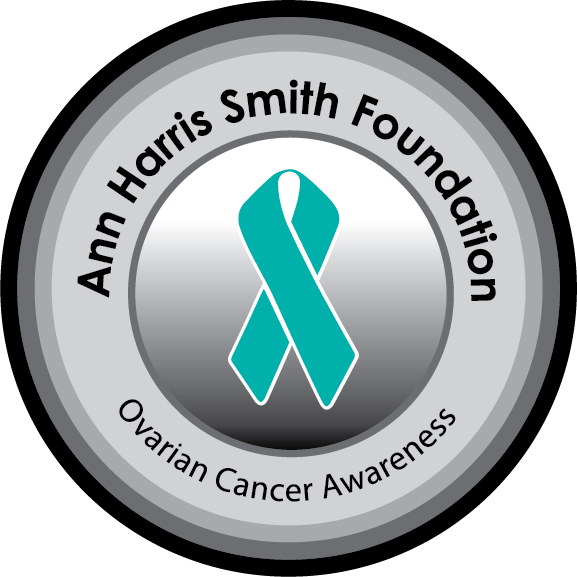About Ovarian Cancer
Cancer is a disease in which cells in the body grow out of control. Cancer is always named for the part of the body where it starts, even if it spreads to other body parts later.
When cancer starts in the ovaries, it is called ovarian cancer. Women have two ovaries that are located in the pelvis, one on each side of the uterus. The ovaries make female hormones and produce eggs.
Ovarian cancer causes more deaths than any other cancer of the female reproductive system. But when ovarian cancer is found in its early stages, treatment works best. Ovarian cancer often causes signs and symptoms, so it is important to pay attention to your body and know what is normal for you. Symptoms may be caused by something other than cancer, but the only way to know is to see your doctor, nurse, or other health care professional.
Content source:Division of Cancer Prevention and Control, CDC
What are the symptoms?
Ovarian cancer may cause one or more of these signs and symptoms—
- Vaginal bleeding or discharge from your vagina that is not normal for you.
- Pain in the pelvic or abdominal area (the area below your stomach and between your hip bones).
- Back pain.
- Bloating, which is when the area below your stomach swells or feels full.
- Feeling full quickly while eating.
- A change in your bathroom habits, such as having to pass urine very badly or very often, constipation, or diarrhea.
Pay attention to your body, and know what is normal for you. If you have vaginal bleeding that is not normal for you, see a doctor right away. Also see a doctor if you have any of the other signs for two weeks or longer and they are not normal for you. These symptoms may be caused by something other than cancer, but the only way to know is to see a doctor. The earlier ovarian cancer is found and treated, the more likely treatment will be effective.
Content source:Division of Cancer Prevention and Control, CDC
What Can I Do to Reduce My Risk of Ovarian Cancer?
There is no known way to prevent ovarian cancer. But these things may lower a woman’s chance of getting ovarian cancer.
- Having used birth control pills.*
- Having had a tubal ligation (getting your tubes tied), both ovaries removed, or a hysterectomy (an operation in which the uterus, and sometimes the cervix, is removed).*
- Having given birth.*
- Breastfeeding. Some studies suggest that women who breastfeed for a year or more may have a modestly reduced risk of ovarian cancer.*
* While these things may help reduce the chance of getting ovarian cancer, they are not recommended as ways to prevent ovarian cancer. Risks and benefits are associated with each. Talk to your doctor about ways to reduce your risk.
Content source:Division of Cancer Prevention and Control, CDC

